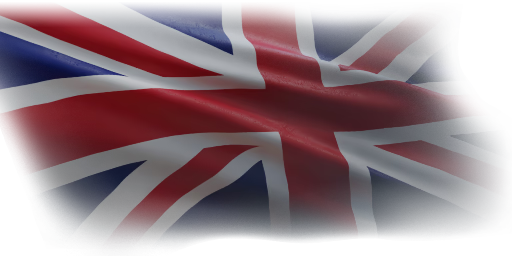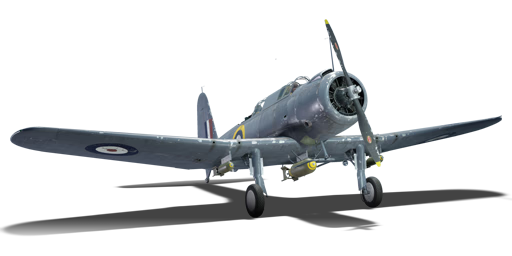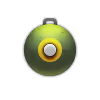



The Chesapeake Mk.I, known under its company export designation of V-156-B1 was an export version of the American SB2U Vindicator bomber, of which various modifications were released from 1936-1941. Initially ordered in March 1940 as 50 V-156-F for the French Army with delivery date of 1941, the order was taken over by the British government for the Royal Navy's Fleet Air Arm following the defeat of France. The order did however see changes, with the British requesting several modifications such as including the additional fuel tank fitted to the SB2U-3, additional armour and heavier forward firing armament, with four Browning 7.7 mm machine guns replacing the single forward-firing Darne 7.5 mm machine gun of the French aircraft. Initially planned to serve on the light escort carrier HMS Archer with the 811 Naval Air Squadron in an anti-submarine patrol role, the under-powered engine and limited payload relegated the aircraft to training duty, with the combat unit being equipped with biplane Swordfishes instead.
It was introduced in Update 1.75 "La Résistance". The V-156-B1 is a slow but well-armed bomber. Due to the weak engine, which is not enough for such large two-seater bomber, its speed qualities are quite low. The aircraft has good armament that allows it to perform its tasks. Four offensive-mounted Brownings and one more as a defensive weapon that allows the V-156-B1 to attack most opponents on this BR. The V-156-B1 has good bomb armament, which allows it to attack ground targets. Dive bombers are hard to use against ground vehicles in realistic battles, but with practice it gets easier.
flaps
flaps
flaps
brake
| Belt | Belt filling | Armor penetration (mm) at a distance: | |||||
|---|---|---|---|---|---|---|---|
| 10 m | 100 m | 500 m | 1000 m | 1500 m | 2000 m | ||
| T/AP/AP-I/Ball/Ball/I | 13 | 12 | 7 | 3 | 2 | 0 | |
| T/AP/AP-I/AP-I/I | 13 | 12 | 7 | 3 | 2 | 0 | |
| IT/AP-I | 13 | 12 | 7 | 3 | 2 | 0 | |
| AP-I/AP-I/I | 13 | 12 | 7 | 3 | 2 | 0 | |
| Belt | Belt filling | Armor penetration (mm) at a distance: | |||||
|---|---|---|---|---|---|---|---|
| 10 m | 100 m | 500 m | 1000 m | 1500 m | 2000 m | ||
| T/AP/AP-I/Ball/Ball/I | 13 | 12 | 7 | 3 | 2 | 0 | |
| T/AP/AP/AP | 13 | 12 | 7 | 3 | 2 | 0 | |
| T/AP-I/AP-I/AP-I | 13 | 12 | 7 | 3 | 2 | 0 | |
| Name | Weight | Slot | ||||||
|---|---|---|---|---|---|---|---|---|
| 117.9 kg |  |  | ||||||
| 247.5 kg |  |  |  | |||||
| 117.9 kg |  | |||||||












Flight performance | |
|---|---|
Survivability |
|---|
Weaponry | |
|---|---|